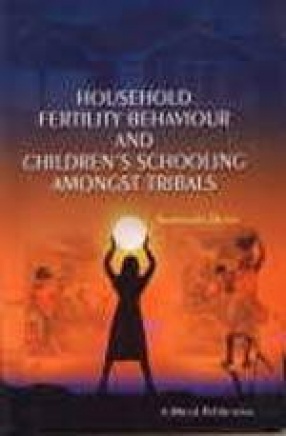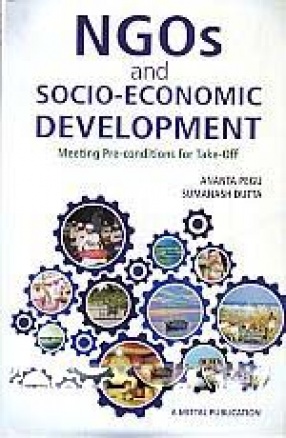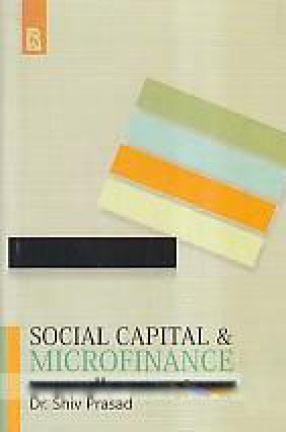The dominant fertility research agenda stresses the socio-economic perspective of the effects of socio-economic structural factors on fertility decline. A large number of studies based upon correlation and regression analyses on fertility and on children’s educational attainments have been carried out, on a wide variety of the cross-sectional data, from both economic and sociological points of view. An important implication of these theories is the emergence of a hypothesised negative quantity–quality trade-off-which maintains that quantity and quality of children would interact because parents desire approximately equal level of quality for each of their children. However, despite a variety of theoretical and empirical formulations on the subject, household fertility and children’s schooling remain perplexing issues. It is, therefore, imperative that micro-demographic studies on the diverse socio-economic cultural groups are undertaken in order to further enrich knowledge in this area. It is with this view that efforts are made in this study to identify the socio-economic factors which influence the household fertility behaviour and household demand for children’s education. Attempts have also been made to find out interrelationship, if any, between fertility and children’s education in the context of a developing tribal society.
Household Fertility Behaviour and Children’s Schooling Amongst Tribals
In stock
Free & Quick Delivery Worldwide
reviews
Bibliographic information
Title
Household Fertility Behaviour and Children’s Schooling Amongst Tribals
Author
Edition
1st ed.
Publisher
Mittal Publications, 2008
ISBN
8183241557
Length
xiv+146p., Maps; Tables
Subjects






There are no reviews yet.